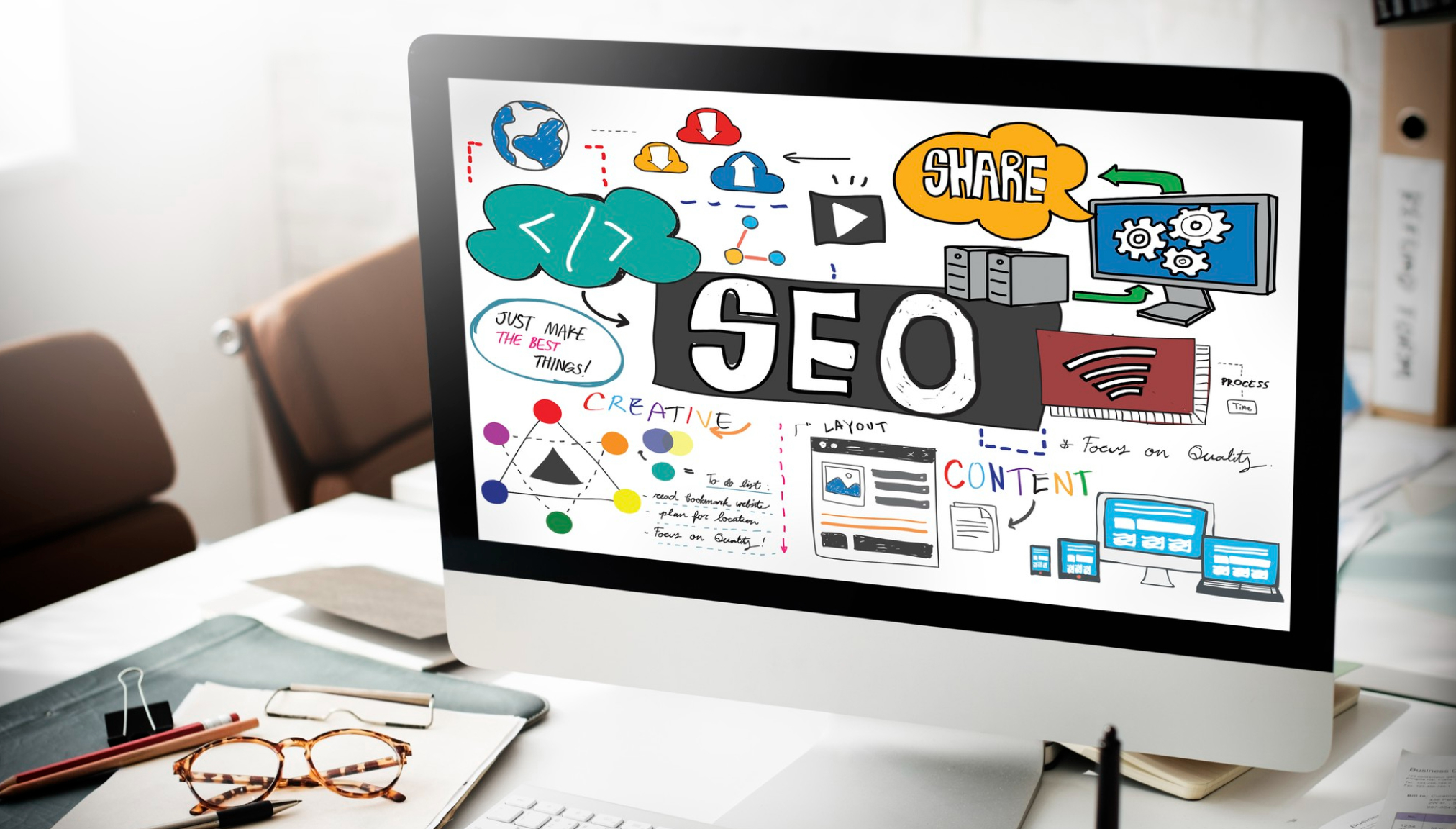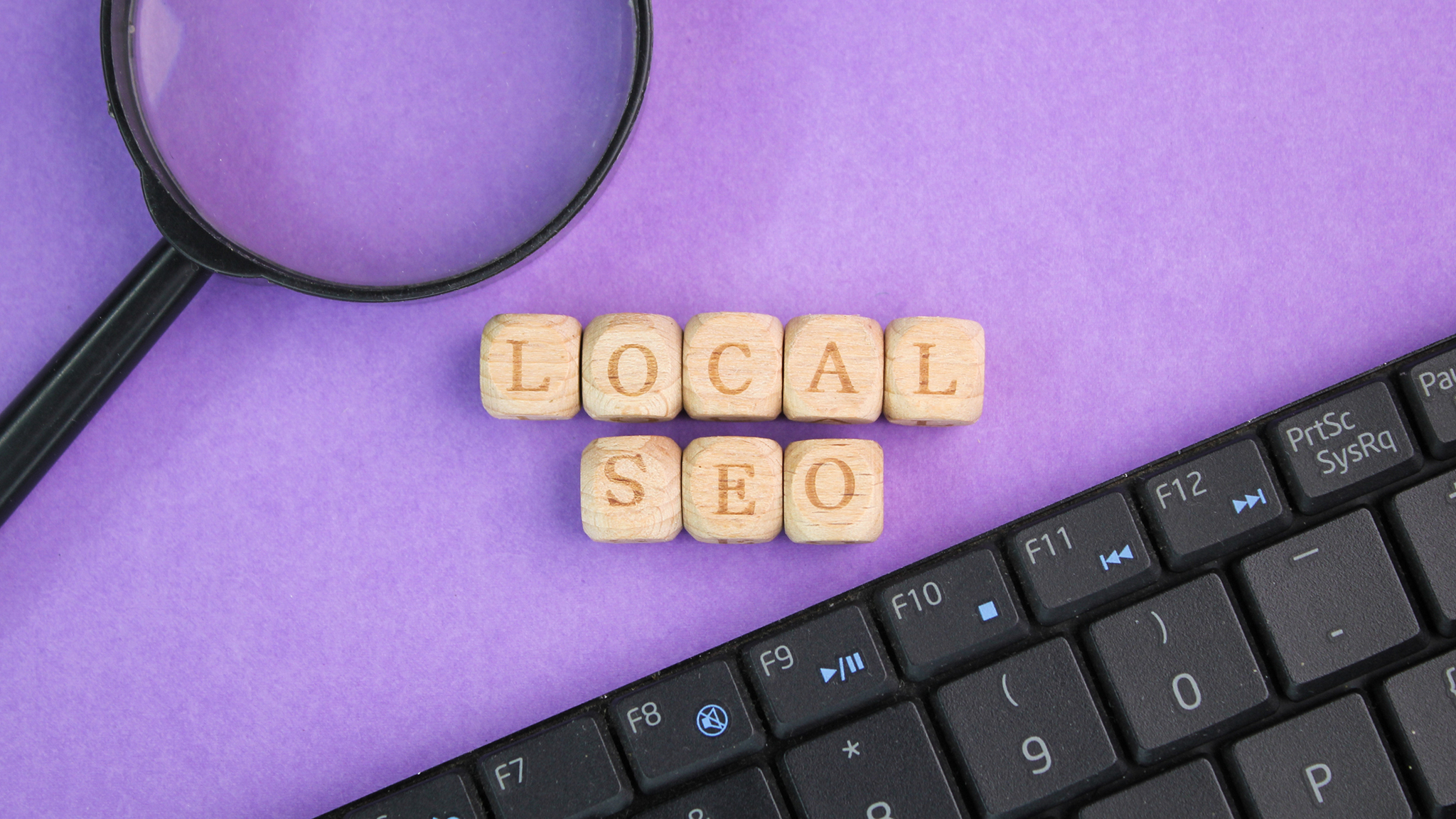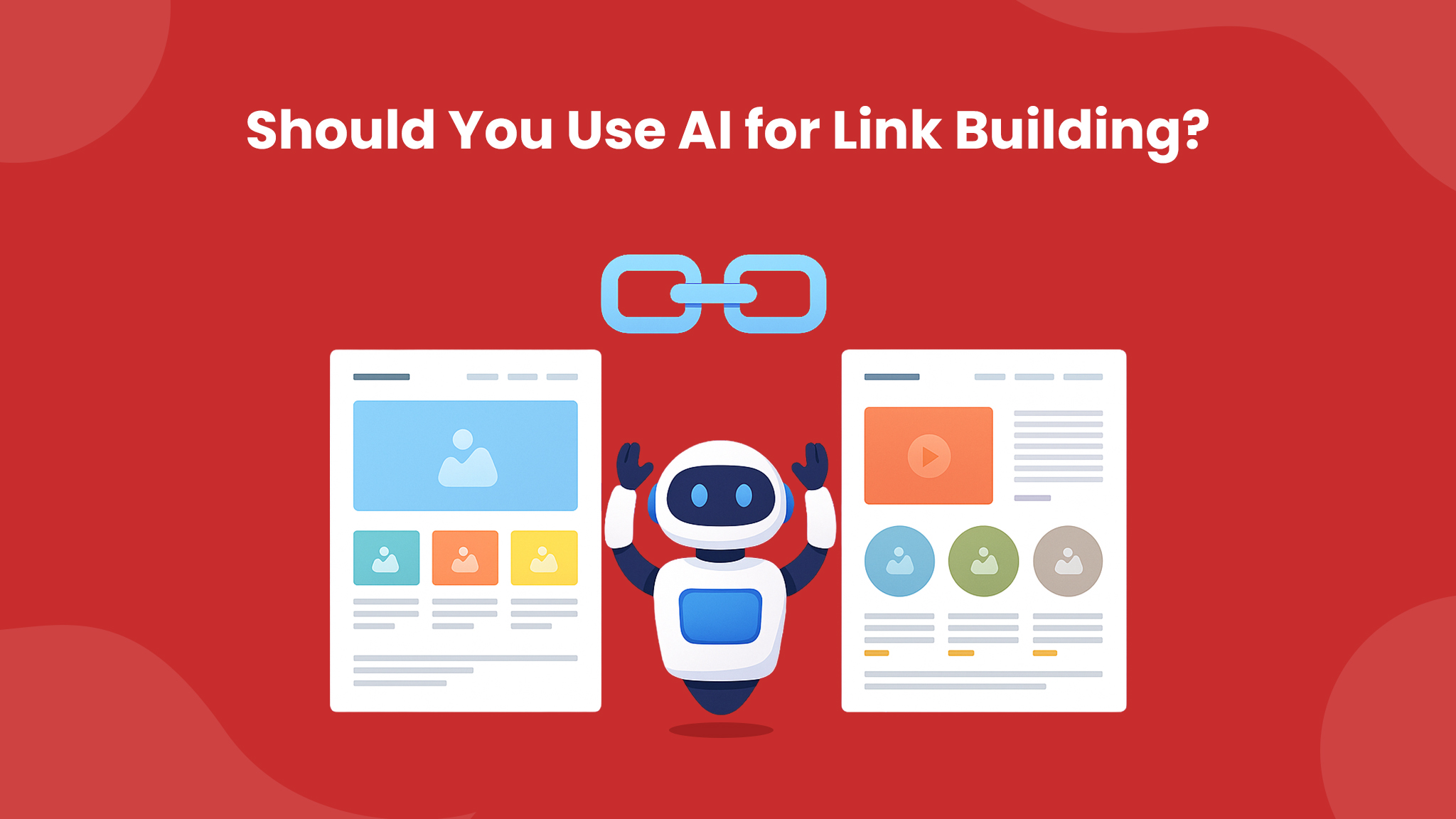The world of digital marketing is changing fast, due to artificial intelligence (AI). It’s completely changing the way people search for and find information online. At Iynix Digital, a leading digital marketing agency in Atlanta, we’re seeing how AI is reshaping SEO is forcing businesses to rethink their SEO strategies—and it’s bringing both significant challenges and exciting new opportunities in 2025.
Recent industry research reveals that two-thirds of consumers believe AI is reshaping SEO and will replace traditional search within the next five years, while 82% find AI-powered search more helpful than conventional search engine results pages (SERPs). This isn’t just another trend; it’s a paradigm shift that demands immediate attention from forward-thinking businesses.
The Current State of AI in Search
While AI chatbots currently represent only 2.96% of search engine traffic, the writing is on the wall. ChatGPT has achieved remarkable adoption, reaching 100 million users just two months post-launch and maintaining over 200 million registered users by Q1 2025. This explosive growth signals that we’re officially entering the “Early Majority” phase of AI technology adoption.
Key Statistics:
- 64% of consumers feel positive about AI technology
- 74% feel confident using AI tools
- 77% still prefer Google Search, but 49% are actively using LLMs
- Only 8% of respondents weren’t familiar with ChatGPT or Gemini
The data reveals a critical insight: consumers aren’t abandoning Google due to poor content quality—they’re seeking cleaner interfaces and faster answers, which AI tools currently provide without the clutter of ads and irrelevant results.
Understanding the Search Behaviour Shift
How people search for information is changing—and brands need to keep up.
In the past, most people used Google for everything. But now, users are searching in many different places—like TikTok, YouTube, voice assistants, and even AI tools like ChatGPT. They’re still asking questions, but they’re doing it in new ways. This change opens the door for businesses that know how to show up across multiple platforms, not just search engines.
From One Platform to Many
Search isn’t disappearing—it’s just spreading out. People now search on more than just Google. Whether they’re typing a question into ChatGPT or scrolling through Instagram for tips, they’re still looking for useful, trustworthy content.
The opportunity? Brands that learn how to reach people in all these places have a better chance of being seen and trusted.
The Rise of Generative Engine Optimization (GEO)
SEO is changing, and brands need to focus on trust, authority, and original content more than ever.
Search Engine Optimisation (SEO) isn’t going away, but it’s transforming into something new: Generative Engine Optimization (GEO). This newer approach is designed to work with how AI tools—like ChatGPT and other smart search engines—find and deliver information.
The good news? GEO still relies on the same important principles that smart SEO professionals have always used. Here’s what matters most:
To stand out in AI-powered search, your brand should focus on:
- Getting mentioned in trusted publications (like news sites or industry blogs)
- Using structured data (schema) on your website so AI tools can understand your content better
- Publishing your own research or unique insights to show real expertise
- Including expert quotes or links to your brand from reliable sources
The Challenges That Brands Are Facing in 2025
As AI changes how people find and trust content, brands need to stay alert, accurate, and accountable.
AI-powered search tools are growing fast, but they also bring new challenges, especially around misinformation and visibility tracking. Brands that don’t adapt may fall behind, while those that act now can get ahead of the curve.
The Problem of Misinformation
About 78% of marketers are concerned that AI tools could spread false or misleading information. If your brand appears in AI-generated answers, it’s crucial to make sure the content is accurate, trustworthy, and clear.
What brands can do:
- Use your own verified data and trusted sources
- Always show where information comes from (source transparency)
- Have qualified experts review content, especially in sensitive topics like health or finance
- Set up clear processes for checking facts and spotting bias
- Add strong author bios to build trust in your content
The Monitoring Gap
Here’s another challenge: while AI is changing how people find content, only 22% of marketers are actually tracking their brand’s visibility in tools like ChatGPT and other AI platforms. That means many brands don’t know how they’re showing up—or if they’re being mentioned at all.
This is a big risk, but also a huge opportunity.
Smart brands that start tracking now can shape their presence in the AI search space and stay ahead of the competition.
Opportunities for Forward-Thinking Brands
Brands that adapt early to AI-driven changes can boost their reach, save time, and lead their industry.
The digital world is evolving fast, but for forward-thinking brands, that means more opportunity, not less. By building smart strategies and using AI tools effectively, brands can grow faster and connect with audiences in more powerful ways.
1. Unified Content Strategy
To succeed in 2025, brands need a content plan that works across search engines, AI tools, and social media platforms. Here’s what that looks like:
For Traditional Search (Google, Bing):
- Content that’s easy for search engines to find and understand
- Smart keyword use and schema markup
- Clear author bios and signals that show expertise and trust
- Fresh insights backed by data
For AI Tools and Language Models (like ChatGPT):
- Structured, well-organized content
- Mentions in trusted media and trade publications
- Original research or first-hand data
- Recognition from other reliable websites
For Social Discovery (TikTok, Reels, Instagram):
- Short videos with searchable captions and hashtags
- Content designed for fast, engaging mobile viewing
- Posts that connect across platforms to tell a bigger story
2. The Productivity Advantage
AI tools are making work easier—93% of marketers say they save time each week using them. But here’s the catch: only 19% are using that saved time to grow professionally or improve strategy.
Innovative brands will stand out by:
- Using AI to handle routine tasks
- Freeing up time to focus on big-picture thinking
- Investing more in creativity, brand building, and customer relationships
What Actionable Strategies Brands Can Take in 2025?
To stay competitive in 2025, brands need to be proactive, not reactive. These practical steps will help you adapt to the future of search and content.
1. Lead with Authority
Focus on building trust and credibility across all platforms.
Here’s how:
- Share your research and unique data
- Get quoted in expert articles and trusted media
- Build a helpful knowledge center on your website
- Add detailed author bios that show expertise
2. Use Your Data
Fight misinformation and improve accuracy with reliable, internal data.
Start by:
- Building a company knowledge base to guide content and AI tools
- Creating data feeds or APIs for consistent answers
- Writing brand guidelines and internal training materials
- Adding a clear system to check facts and sources
3. Be Everywhere Your Audience Searches
Think beyond Google, optimize for AI tools, voice search, and social platforms.
Tips to do this:
- Use schema markup so AI can understand your content
- Answer real user questions in natural, helpful language
- Keep your message and tone consistent across all channels
4. Track What Matters in the AI Era
Measure new types of engagement to see how your brand is really performing.
Make sure to:
- Monitor how your brand shows up in AI responses (like ChatGPT)
- Track mentions and citations across platforms
- Measure visibility across search engines, social media, and LLMs
- Look at audience engagement across all digital touchpoints
The Future of SEO: Convergence, Not Competition
The most successful brands will recognize that we’re not witnessing the death of SEO, we’re seeing the convergence of channels. Search, social, and AI are increasingly optimized by the same core signals: authority, originality, and trust.
Digital PR and brand visibility are now essential inputs for LLMs. The same tactics that earn media coverage, backlinks, and social engagement also improve your odds of appearing in AI summaries and search overviews.
AI is reshaping SEO, but the fundamental principles of creating valuable, authoritative content remain constant. The brands that will thrive in 2025 are those that embrace this convergence, implementing unified strategies that work across traditional search, AI platforms, and social discovery.
At Iynix Digital, we’re helping businesses navigate this transformation with comprehensive digital marketing strategies that future-proof their online presence. The fractures in search aren’t problems; they’re opportunities for brands ready to build credibility that works universally.



